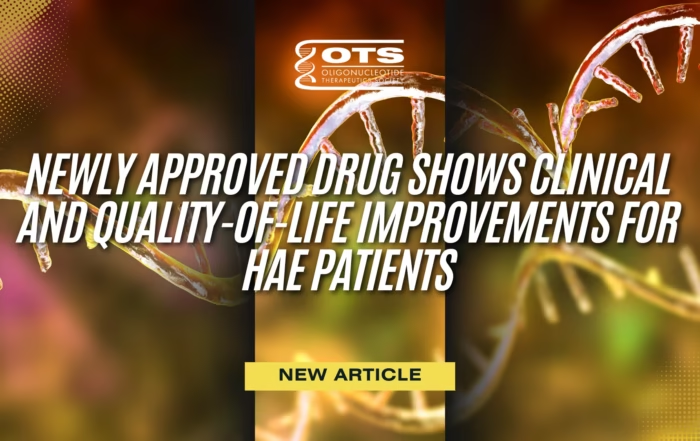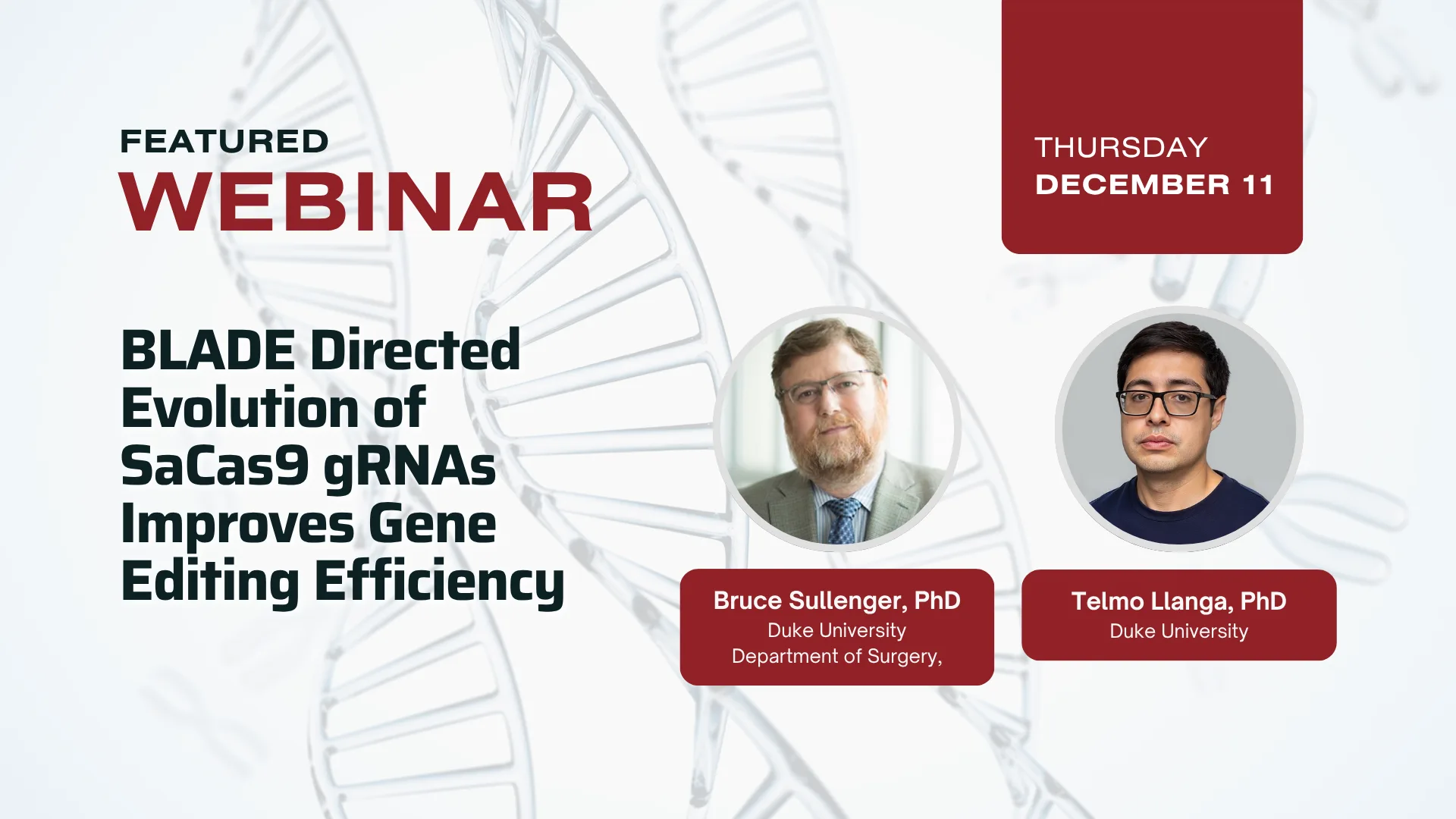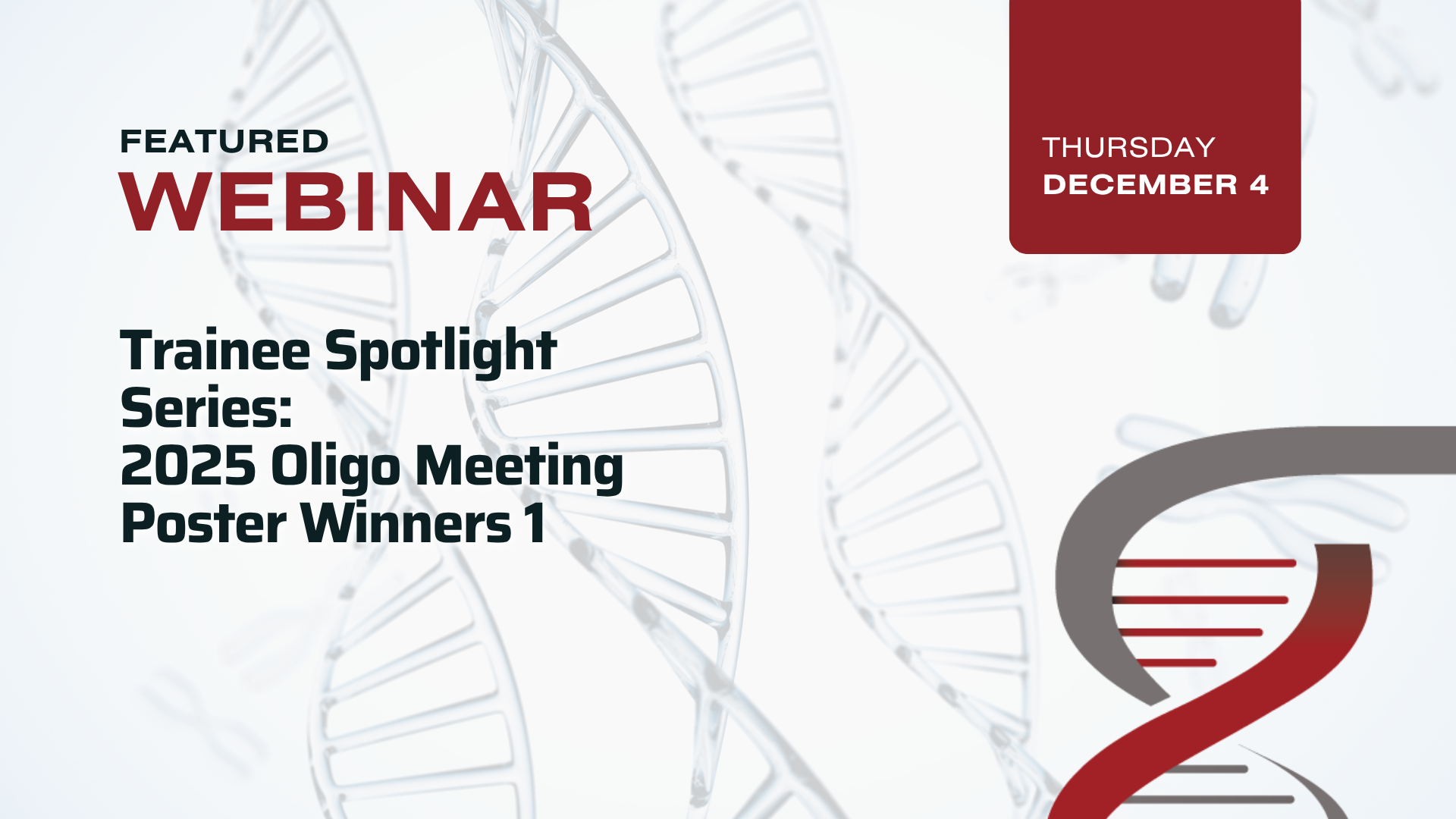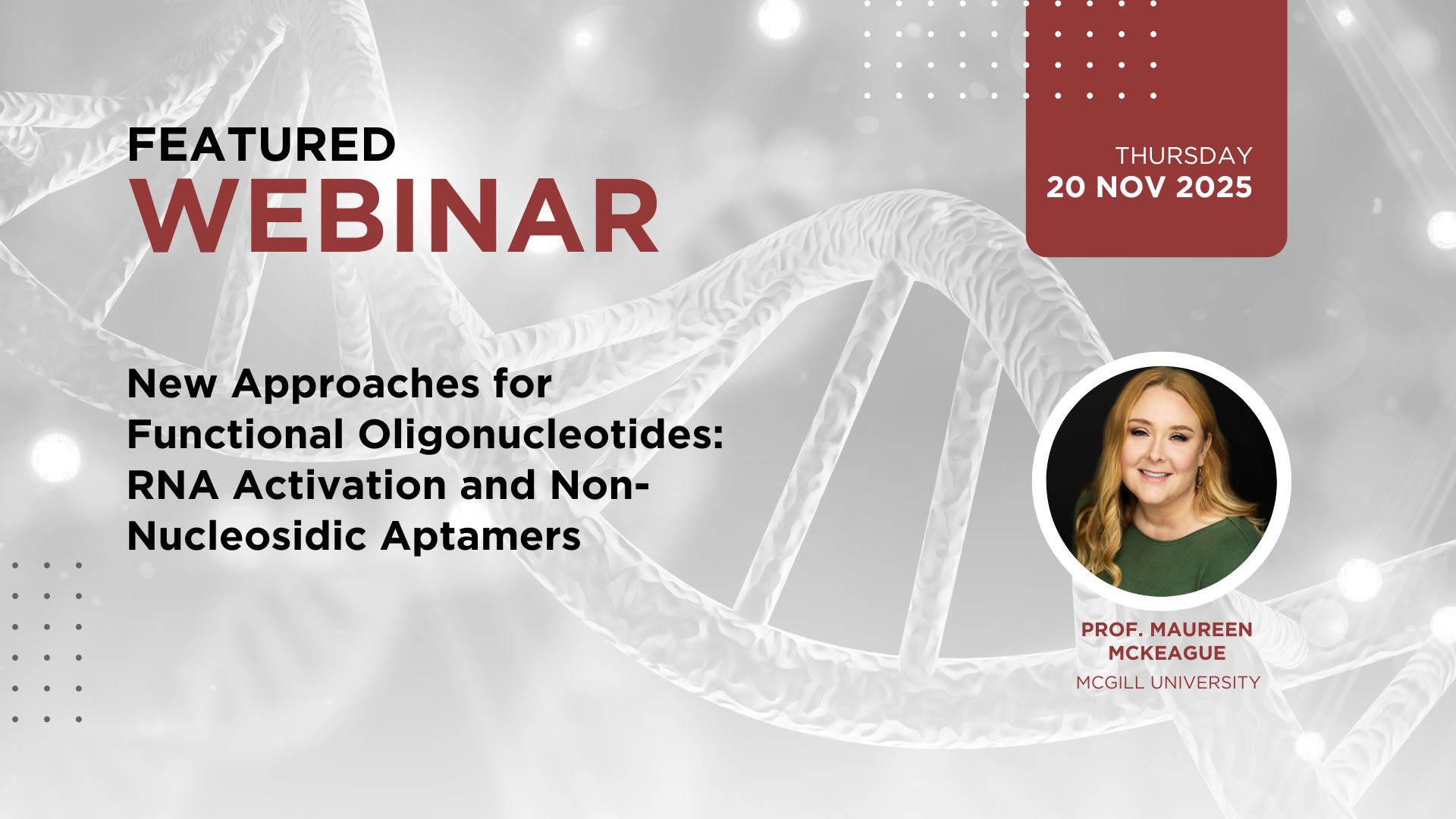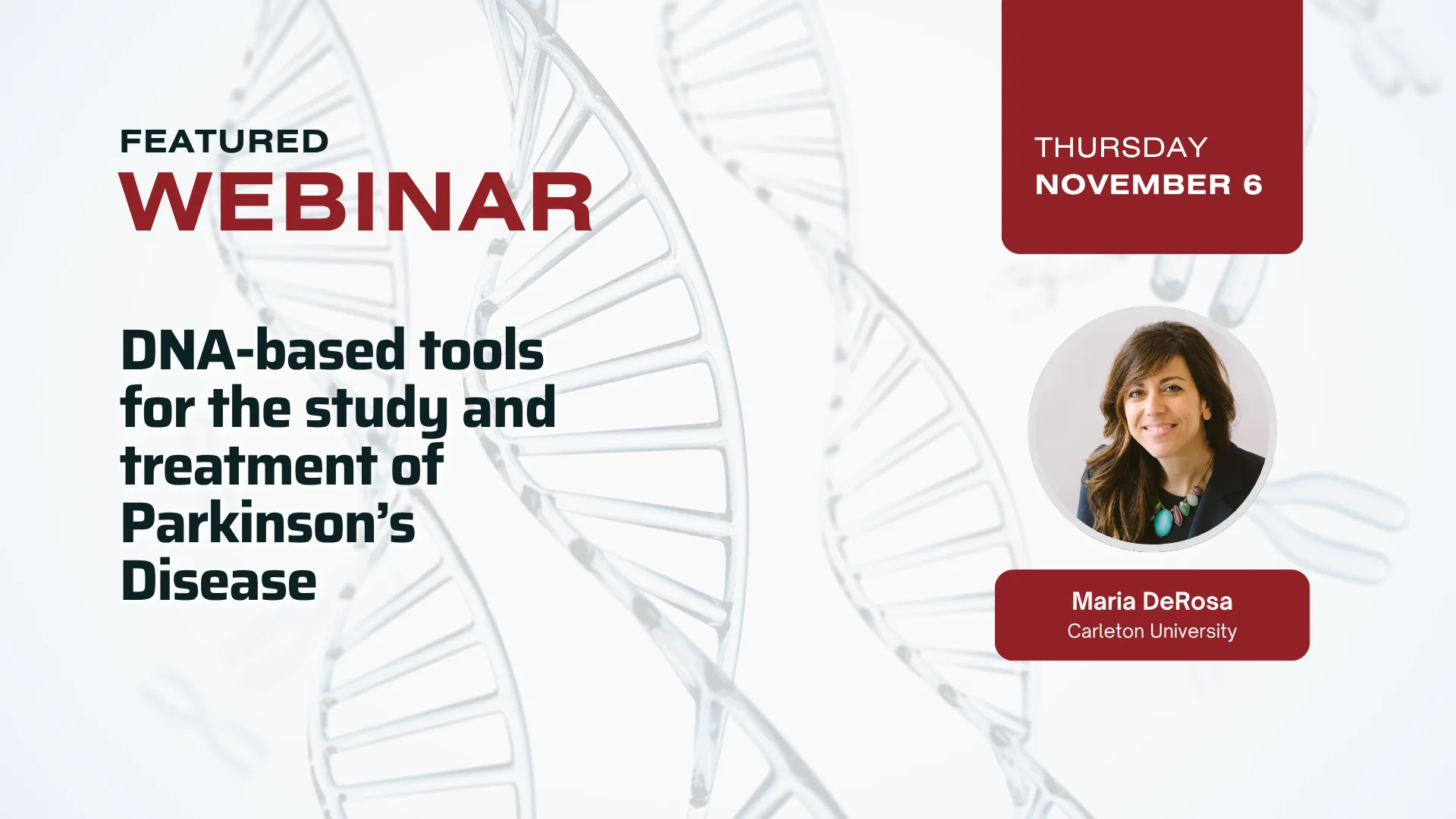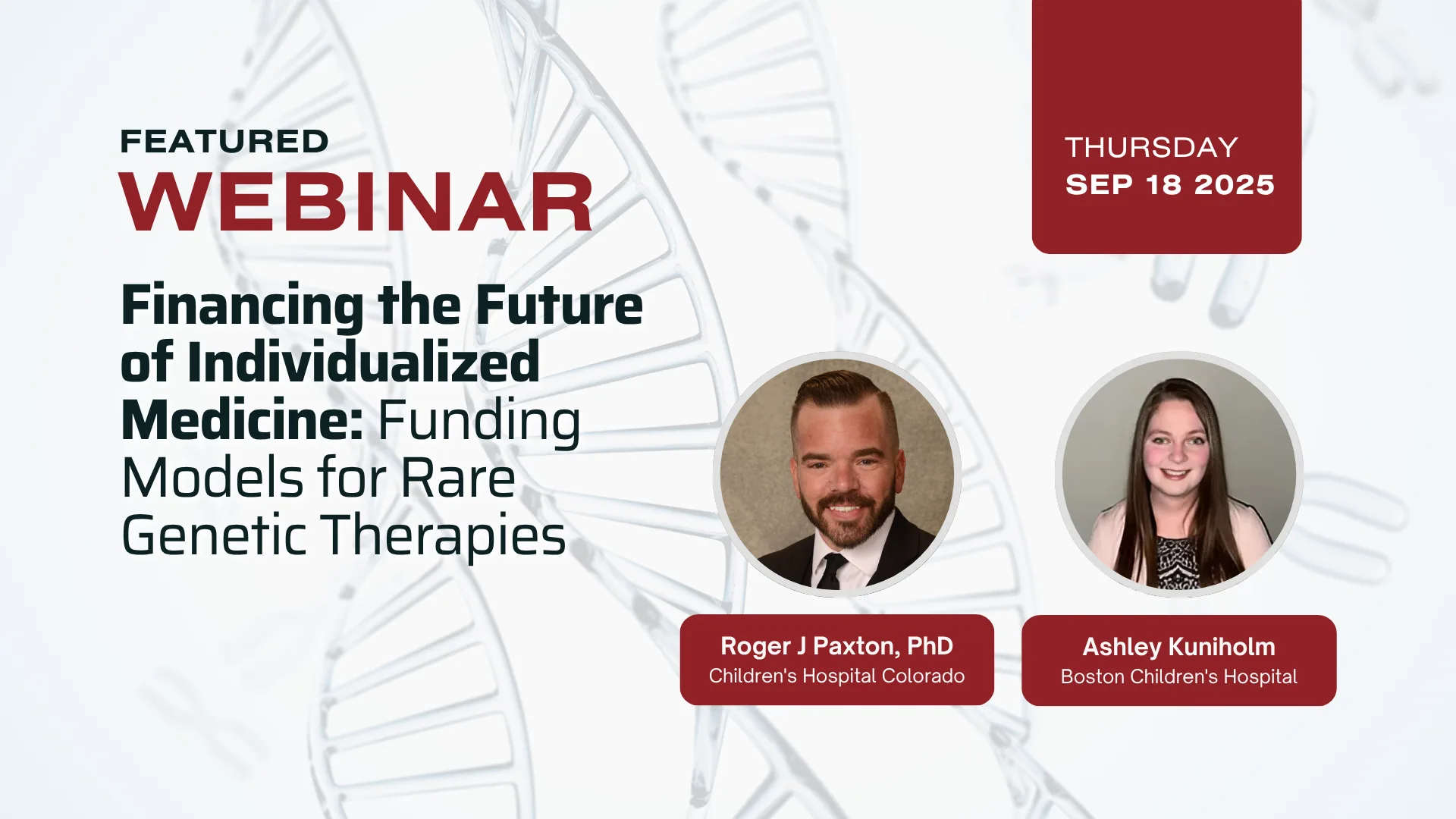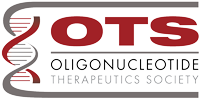Welcome to the
Oligonucleotide
Therapeutics
Society
Oligonucleotide Therapeutics Society
Welcome to the
Oligonucleotide
Therapeutics
Society
Oligonucleotide Therapeutics
Society
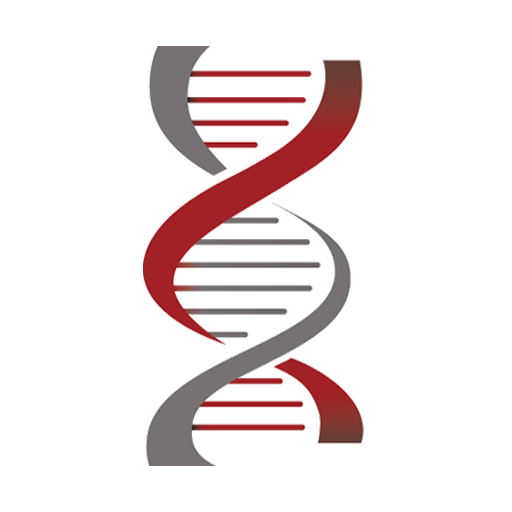
The Oligonucleotide Therapeutics Society (OTS) advances oligonucleotide therapeutics by fostering community, collaboration, innovation, and education.
We unite experts across academia, industry, and government to develop groundbreaking new therapies, promote scientific excellence, and provide educational opportunities that accelerate the translation of research into transformative treatments for patients worldwide.
Webinars
Past Webinars
Recent Publications
About Us
The Oligonucleotide Therapeutics Society (OTS) is an open, nonprofit forum to foster research and development of oligonucleotide therapeutics.
The Founders’ vision was to bring together the expertise from different angles of oligonucleotide research to create synergies and to bring the field of oligonucleotides to its full therapeutic potential. A new era of oligonucleotide drugs was envisioned that would change the landscape of therapeutic modalities.
Oligonucleotide therapeutics are now being used to successfully treat diseases and have the potential for widespread application. Over 100 treatments are in development for common conditions, including cancer and Alzheimer’s disease, as well as rare diseases. Incredibly, oligonucleotide therapeutics have also been used to create an individualized treatment for one single person with a rare, fatal disease.



